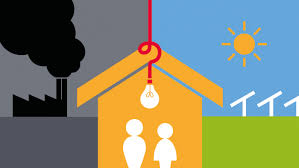
Energy poverty constitutes a serious social problem in many European countries with multiple effects both on health and on the overall poverty, and affects more than 100.000.000 European citizens. In 2015, about 10% of EU citizens, experienced delays in the payment of public utilities bills (37% in the most affected member states). In 2014, 12% of EU citizens lacked sufficient heating in their homes 2014 (60% in the most affected member states), while 16% of the EU population resided, in accordance with the SILC statistics, in houses with dripping roofs and wet walls (33% in the most affected member states).
On Wednesday 29 June 2016, the 2nd workshop took place within the context of the development of the Policy Paper: “The status of Energy Poverty in Greece and the contribution of green and social innovation to address the problem”. The main objective of the workshop was the exchange of views and ideas with national and EU stakeholders.
This initiative is the result of cooperation between the Heinrich Böll Foundation Greece, the social cooperative “Wind of Renewal” and the Institute for Zero Energy Buildings, which are active in the fields of ecology, energy efficiency and sustainable development, while both the first and the second workshop were supported by Athens Resilience and Sustainability office.
During the first part of the workshop the available national and European programs and innovative financial tools that could help to overcome energy poverty were discussed, in the light of social and green innovation. A significant number of experts and scientists dealing with this issue accepted the invitation – both from Greece and abroad. More specifically in the first part presented:
• Ada Ámon – E3G
Energy efficiency as infrastructure and its role in alleviating fuel poverty
• Adrian Joyce – Director of the Renovate Europe Campaign
Energy Poverty – The view from Brussels
• Michalis Goudis – Housing Europe
Warm homes for all; How to tackle the challenge of our generation
• Dr George Koutitas (CEO) – Gridmates Inc.
The smart giving of energy
• Dr Kostas Konstantinou – Anatoliki A.E.
Energy Services Companies in Greece
• Alexis Panagiotopoulos – Ministry of Economy, Development & Tourism
Sources of financing in the context of the programming period 2014-2020
• Nikos Gonis– Gesellschaft für Internationale Zusammenarbeit (GIZ)
Innovative financial tools and successful examples of their exploitation
• Dr Evangelos Marinakis – National Technical University of Athens
Enhancing energy efficiency in buildings: needs and priorities for innovative investment tools
• Evi Tzanakaki – Center for Renewable Energy Sources and Savings
Local authorities as a catalyst in tackling energy poverty
• Constantinos Liveris – Employees Association of Social Housing (OEK)
Utilization of social housing in Greece
In the second part of the workshop the draft of the Policy Paper was presented and an open discussion followed with the participation of representatives from universities and municipalities as well as researchers, students and citizens.
Emphasis was given on the contribution of the green and social innovation in dealing with the phenomenon and proposals and comments on the draft were submitted.
The discussion was coordinated by Nikos Chrysogelos, president of social cooperative “Wind of Renewal”, Alice Corovessi and Eleftheria Touloupaki from the Institute of Zero Energy Buildings, Olga Drossou and Kyriaki Metaxa from the Heinrich Böll Foundation Greece.
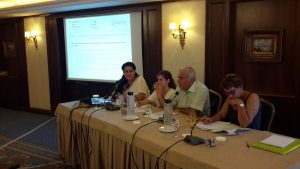
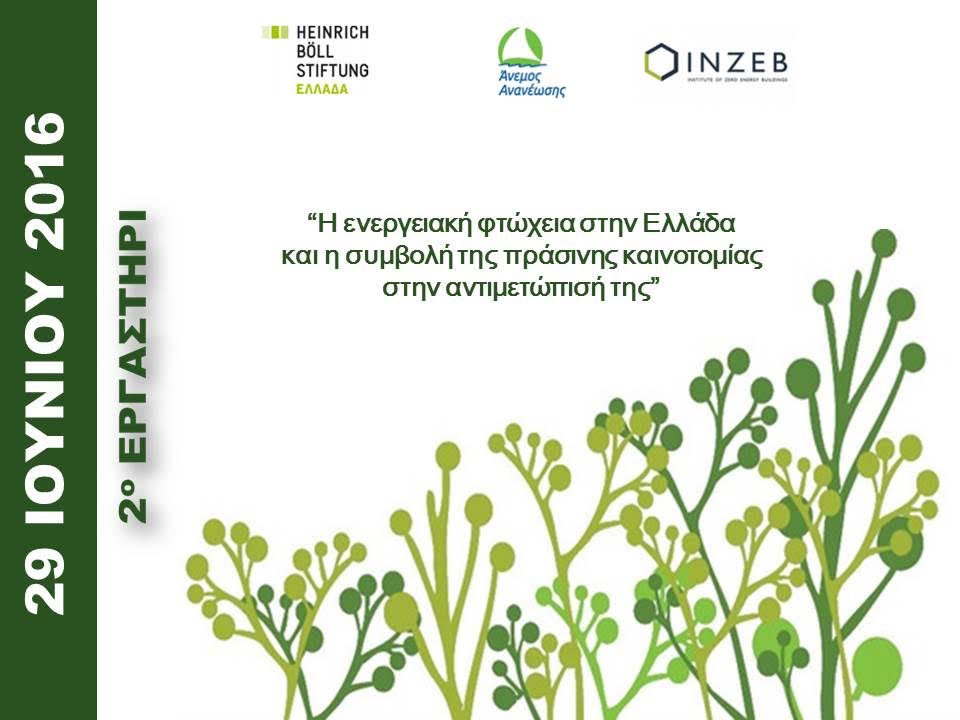
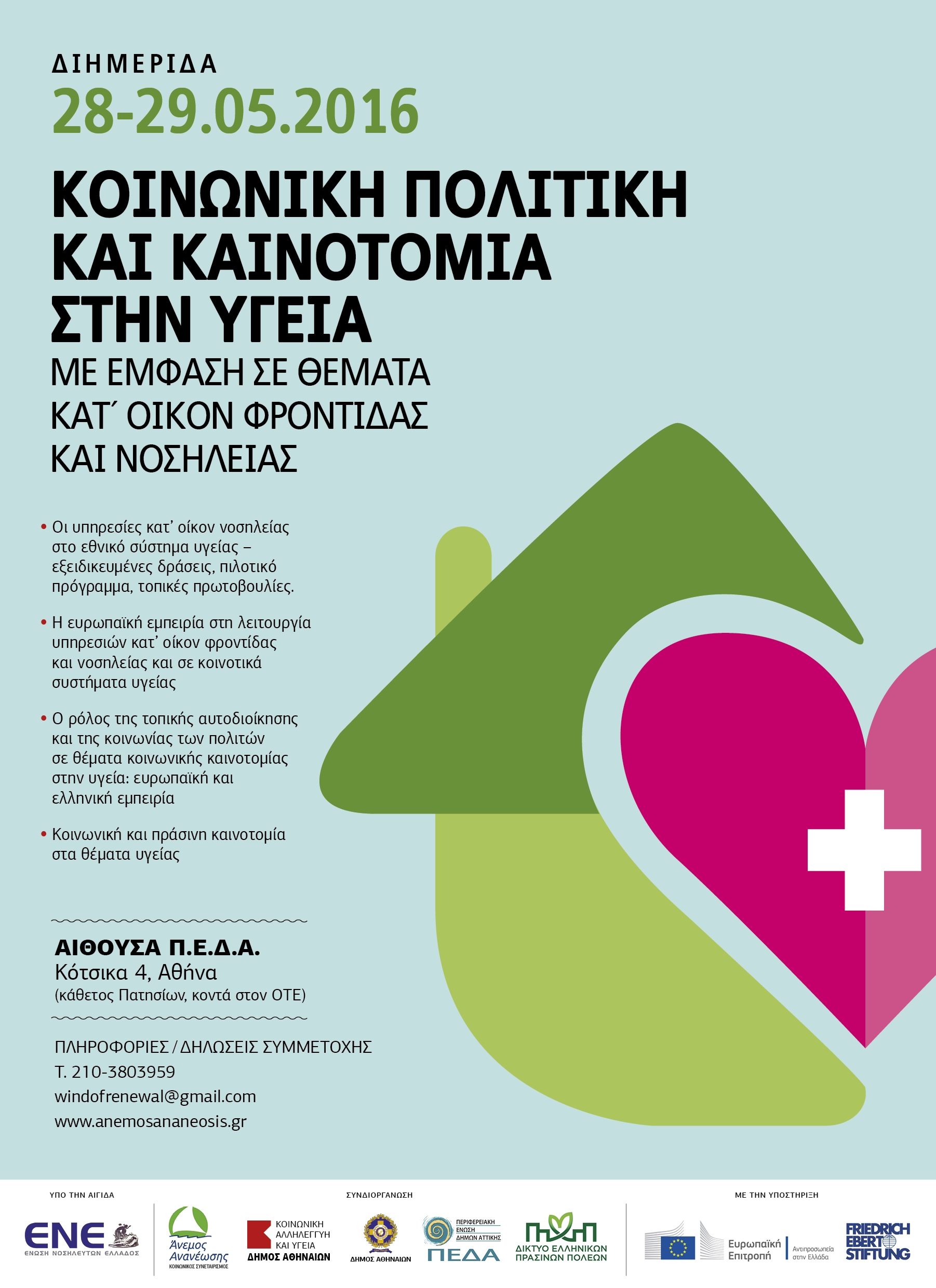
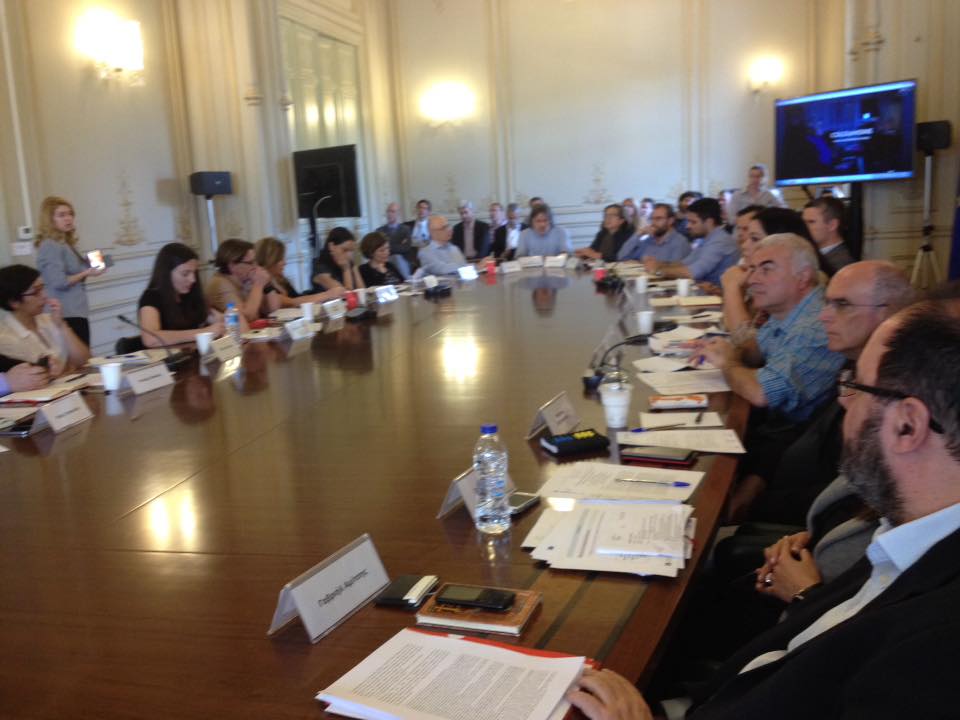
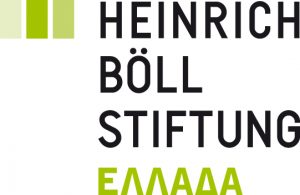



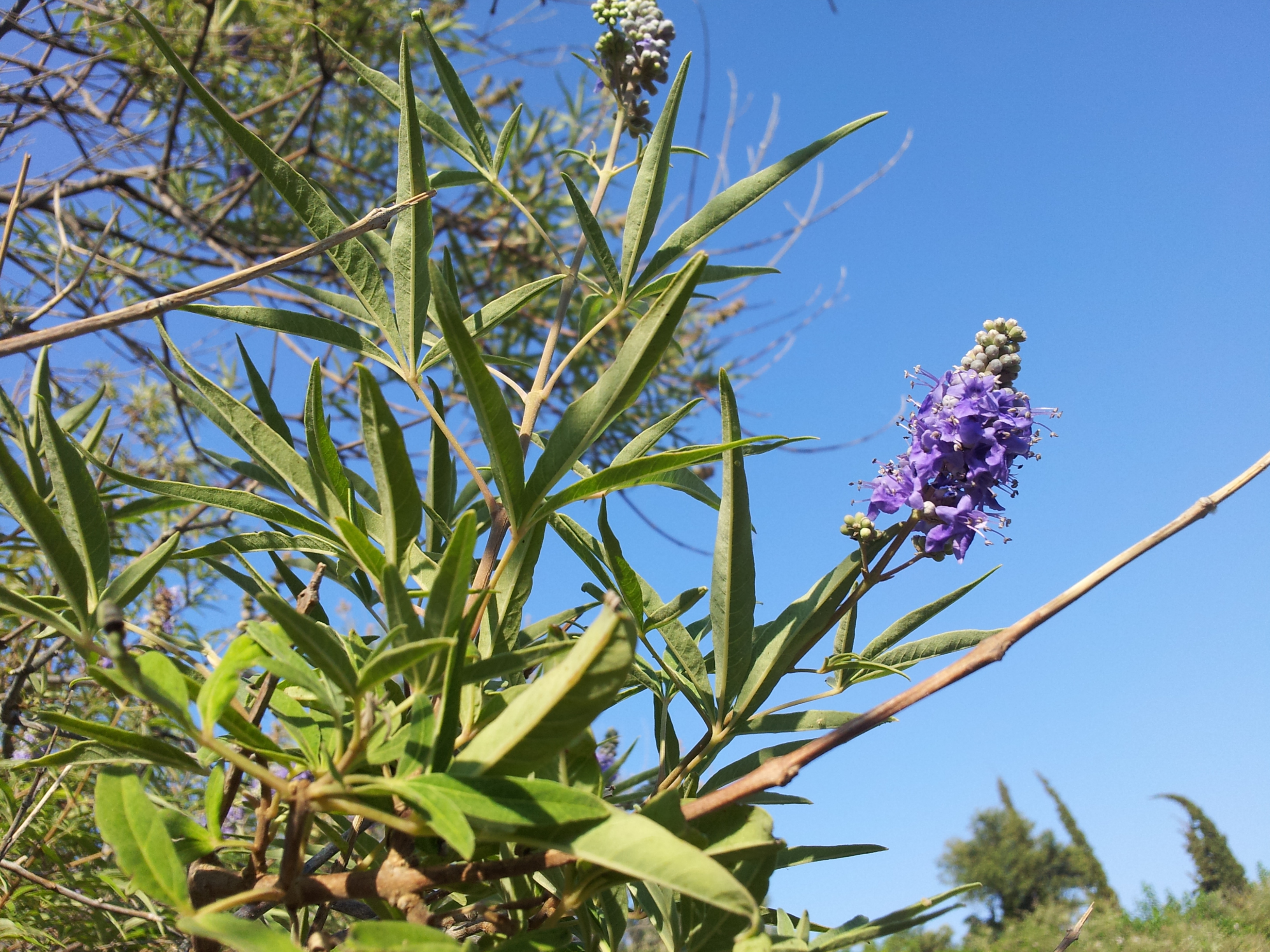

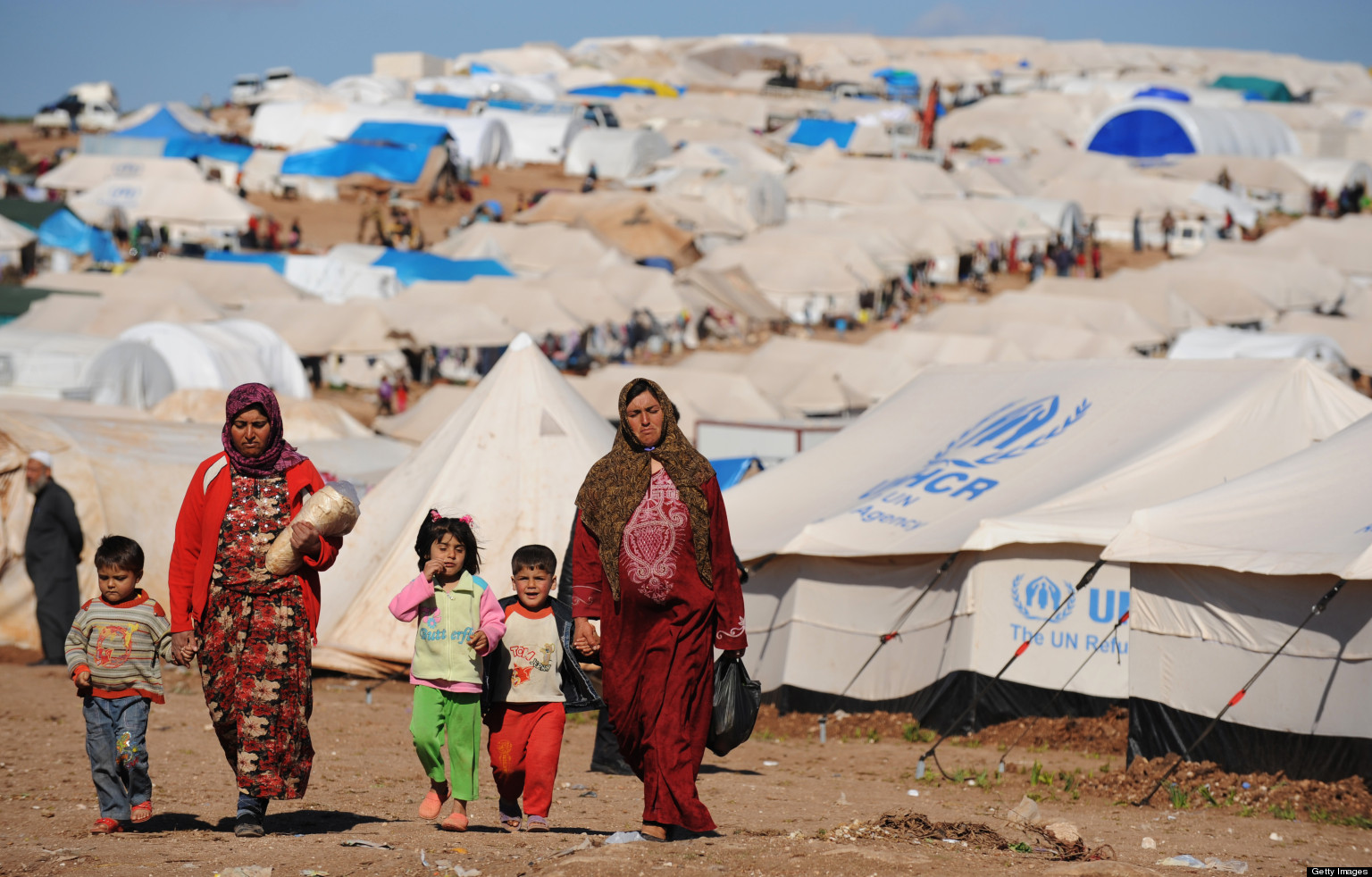


Recent Comments